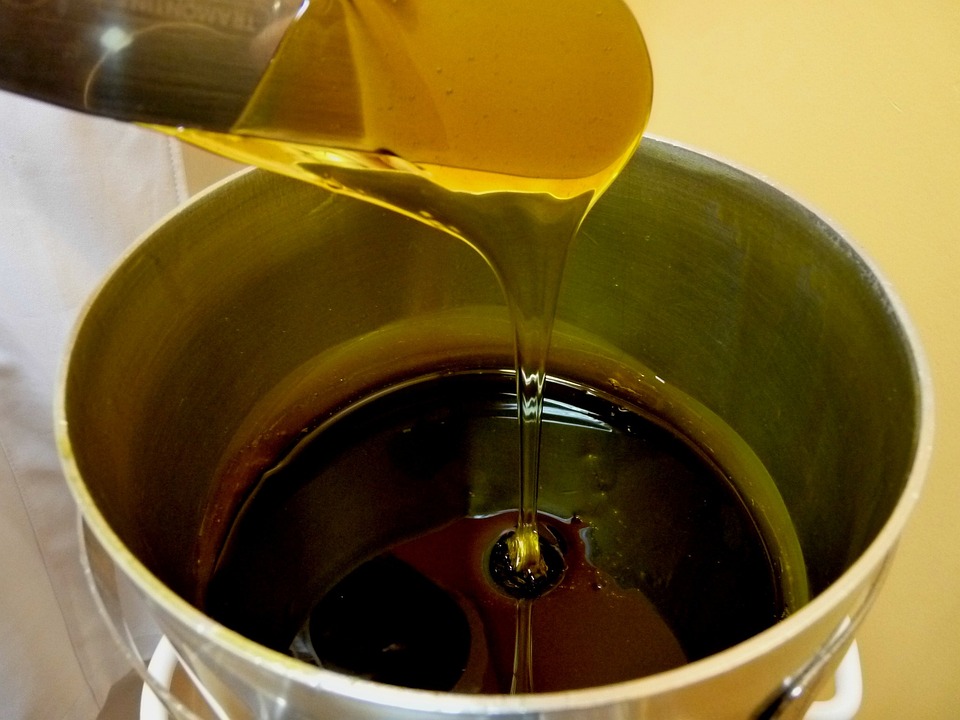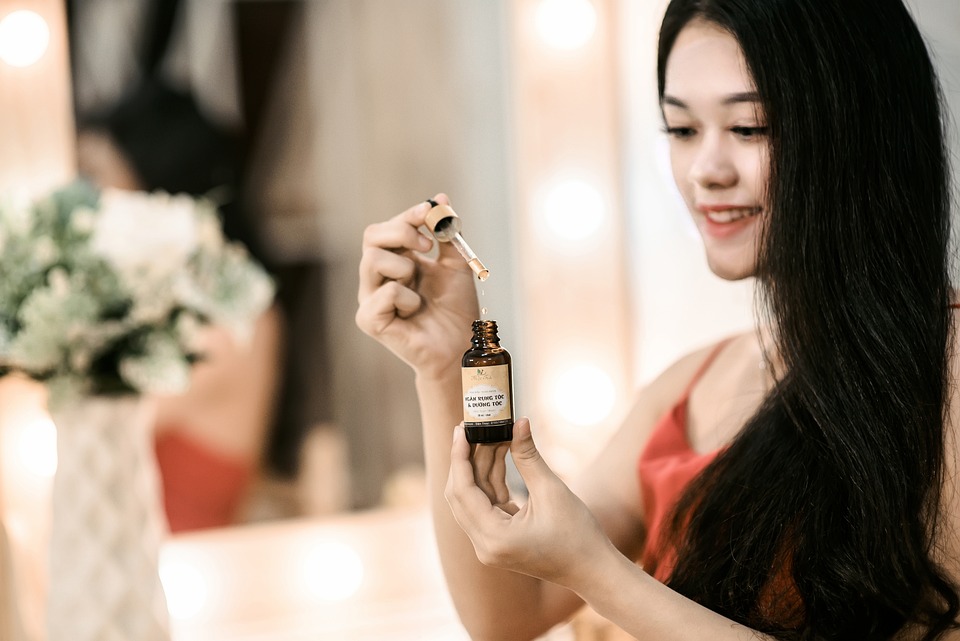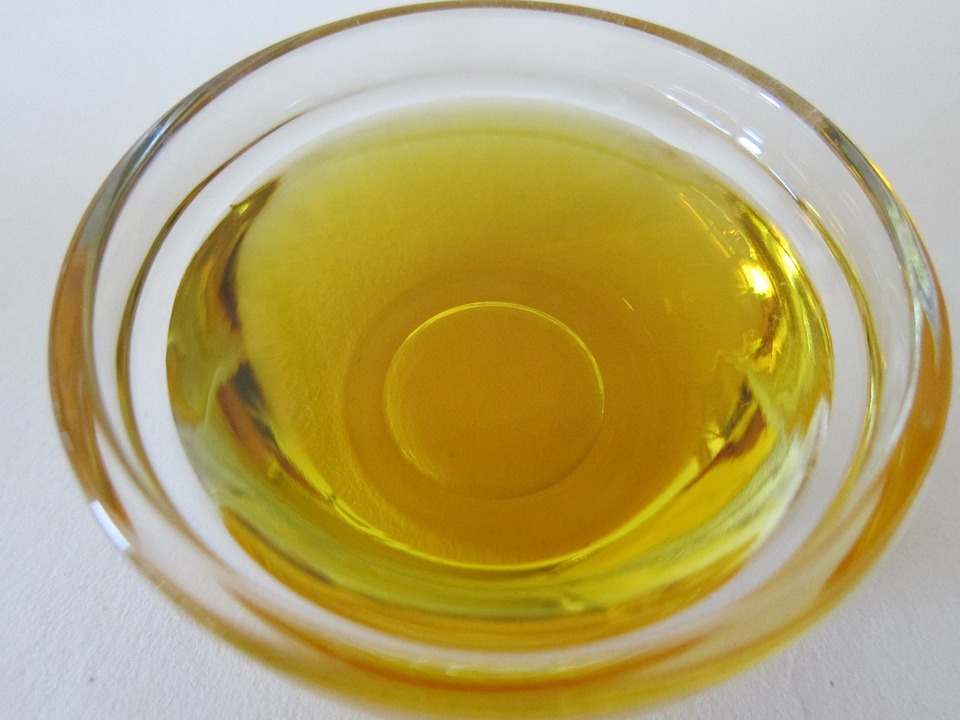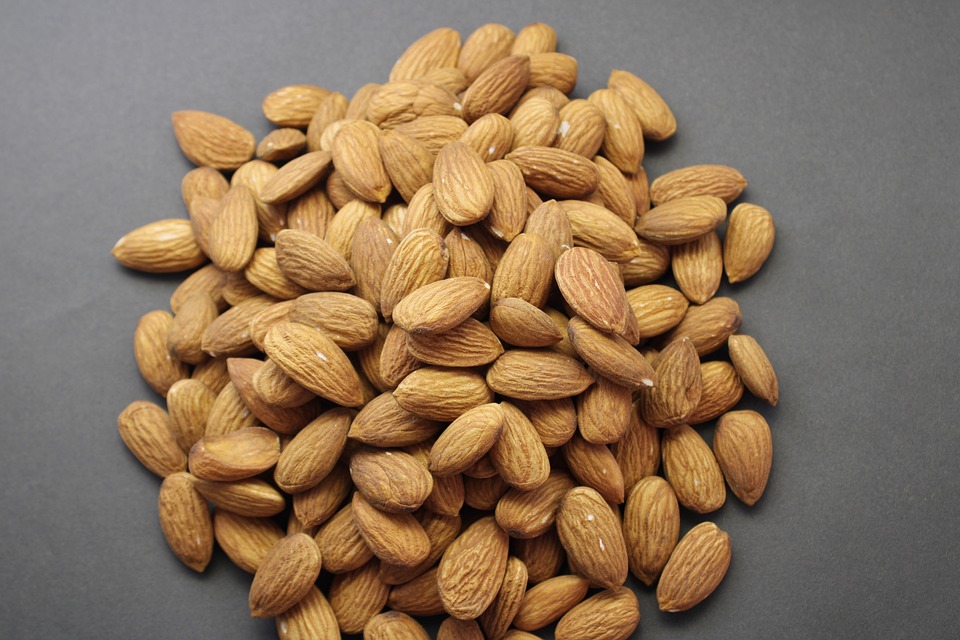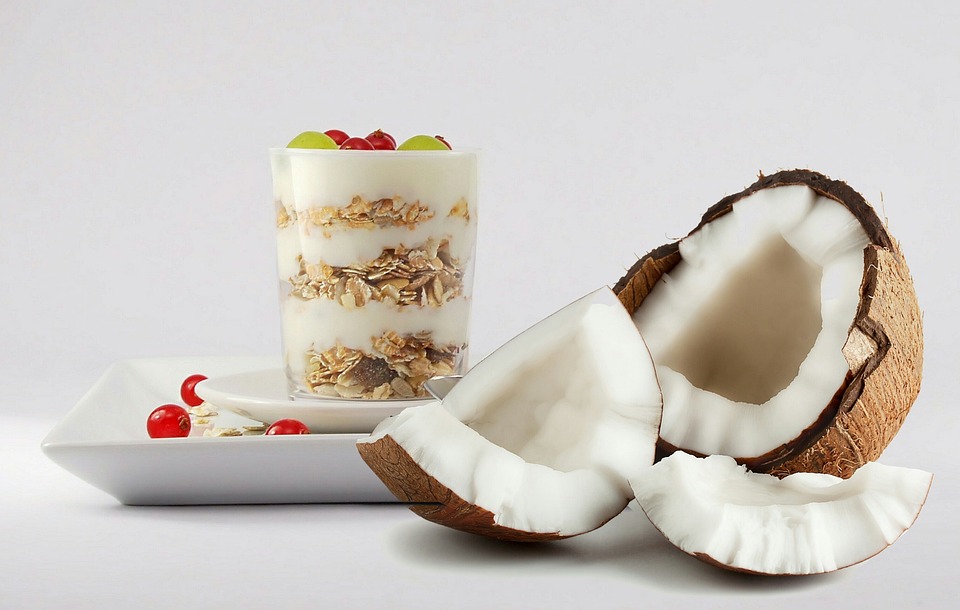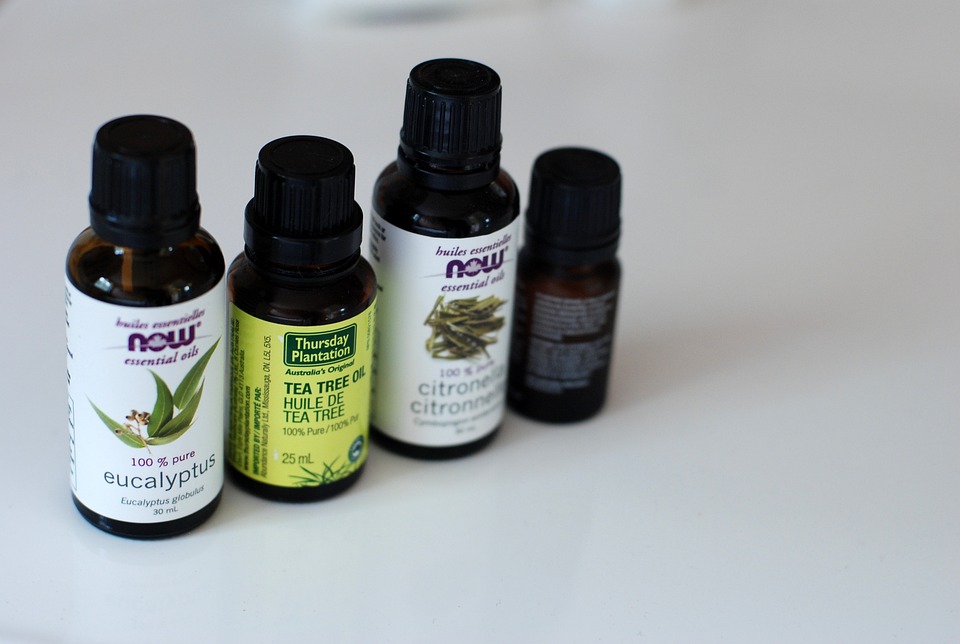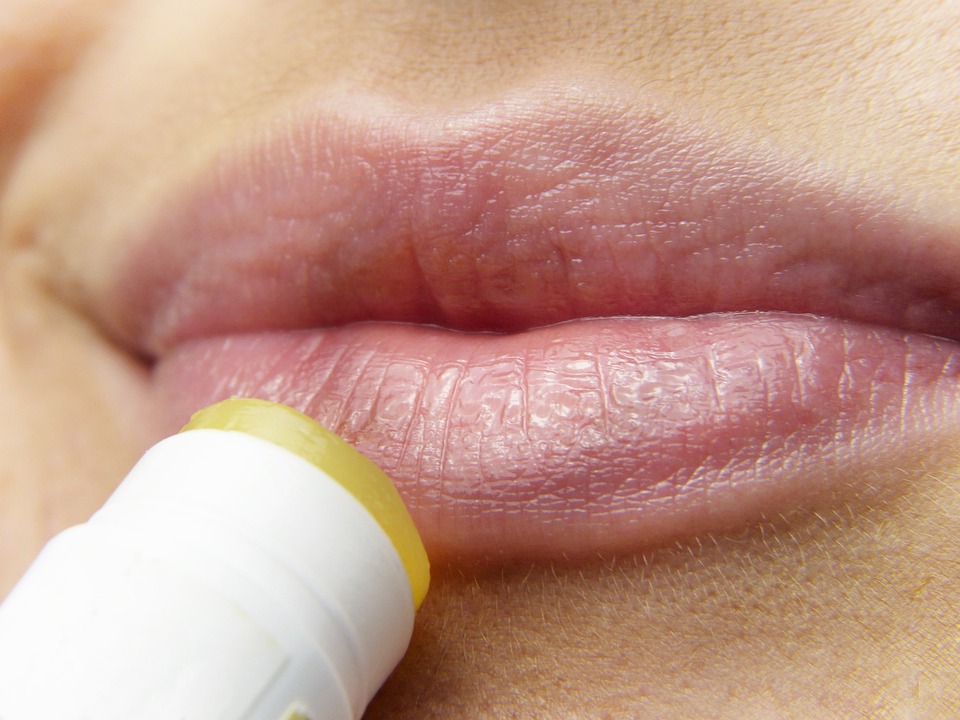
The jojoba plant’s extracts are referred to as ‘oil’, although it is technically a liquid wax. It is pronounced as ‘hoh-hoh-bah’. This species of plant generally grows in dry, hot climates, notably southern California, Arizona, and some areas of northern Mexico. Jojoba oil is analogous to the skin’s natural oil, sebum. Yes, it is not an oil but a type of liquid wax. Since the 1970s, jojoba oil has become a popular ingredient in many products after whales were declared an endangered species and whaling for their oil was banned. The similarity of Jojoba oil’s texture and characteristics made it a desirable choice in the beauty industry, leading to its usage in various cosmetics and other beauty products.
How To Use Jojoba Oil For Beautiful Skin, To Heal Acne & For Eczema & Psoriasis
Skin moisturizer
Many skin cleaning products remove the sebum that the skin produces in order to keep it hydrated and defended from becoming desiccated. Whenever we clean our face and hands, even just with water, we take away the layer of natural oils which protect us along with dirt and residue. The frigid temperatures of winter and air-conditioned environments create a lack of moisture in the skin faster than our skin can restore the oil it loses.
Skin that has been deprived of moisture is open to irritants that could provoke eczema and microbes which are constantly looking for ways to get into the skin. It is essential to take care of the skin by locking in moisture and defending it from any drying effects from the atmosphere.
Jojoba oil, which has a waxy consistency, is capable of locking in moisture and providing a barrier against outside elements. The composition of this secretion is very similar to the fluid produced by the sebaceous glands in the skin, making it easily acknowledged and well tolerated.
If you’re going outside, put a few drops of Jojoba oil between your palms and then rub it onto your face and other exposed areas. Don’t forget to do this after you wash your face as well. Heat up some Jojoba oil in a spoon and apply it to your face once you wash it before you go to bed. Keep it on until the morning for long-lasting moisture. Absorbing quickly and wholly, pure Jojoba oil leaves the skin feeling silky and supple.
To control oily skin
Having excessive amounts of oil on the skin is caused by hyperactive sebum glands in the epidermis, which is typically most prominent on the face and head. Skin that has a lot of oil can easily absorb particles from the atmosphere, meaning frequent cleaning is a must. Not only does it appear unattractive and make one feel uncomfortable, but it can also be the root of many skin difficulties like seborrheic dermatitis, acne, and dandruff.
If you have a greasy scalp or your forehead and nose are getting shiny, slathering some Jojoba oil over the problem areas can help prevent it and make them look better. This may seem odd, but using Jojoba oil on oily skin can actually be helpful. While it may appear to contradict logic, Jojoba oil can be an effective way to reduce skin oiliness. This is by modulating the sebum production.
The protective layer of liquid wax that coats the skin ensures that it remains well moisturized. Because of this, the sebaceous glands reduce the amount of sebum they produce. Jojoba oil has been known to have a calming impact on inflammation, which can be beneficial in treating seborrheic dermatitis. It is imperative to utilize pure oil, as any additions can actually have the opposite effect.
For acne control
Acne is a frequent occurrence during adolescence which is caused by the greater activity of the oil glands stemming from the modifications in hormones accompanying puberty. In numerous scenarios, the difficulty may last into maturity.
High levels of sebum are only the initial phase of the difficulty. Breakouts of acne occur when hair follicles become clogged due to the buildup of sebum, keratin, and other cellular debris. This blockage produces a comedone, which can initially look like a blackhead or a whitehead. Complications of the condition are often caused by bacterial infections, usually of Propionibacterium, as well as inflammatory responses of the skin.
Jojoba oil has various benefits in the prevention of acne formation. First, it acts as a deep cleanser. It is able to go deep into the follicle of the hair as a liquid, breaking down any sebum build-up and freeing the clogged pore, unblocking it.
Secondly, Jojoba oil has the capability to restrain bacterial proliferation in the hair follicle due to its anti-bacterial nature. It acts as an anti-inflammatory agent, soothing irritated skin. When used regularly, Jojoba oil can control acne. The potential benefits of Vitamin A and E in the oil may be noteworthy. It might be safer to use jojoba oil instead of Australian Tea Tree oil, which can become poisonous when used in large amounts.
For chapped lips
Instead of using a conventional lip balm which likely has a petroleum jelly base, you can use jojoba oil. A coat of wax-based oil functions as a barrier that stops evaporation and keeps the lips moisturized and pliable. You can create your own lip balm that’s easy to take with you wherever you go by blending Jojoba oil and pure beeswax together. This is an effective form of protection from the blowing wind and colder weather that can dry out your lips.
You should have the same amount of Jojoba oil and unadulterated beeswax. For a small amount, combine 2 tsp. of beeswax with 2 tsp. of Jojoba oil over a double boiler. Mix well and take it off the heat. You can enrich the taste of something by combining it with a few drops of peppermint or rose essence. Allow cooling in a small glass container. If you’re aiming to stick to a vegan lifestyle, a combination of 1 teaspoon of Jojoba oil mixed with 2 teaspoons of coconut oil is ideal; this blend will remain semi-solid at temperatures less than 750F.
For dry cuticles
Cuticles are delicate and can easily become dried out, particularly when heavily exposed to nail polish remover. Cuticles help in shielding the nail beds underneath from potential contamination, so it is best to maintain them in an optimal state. If your cuticles are brittle and jagged, the solution lies in Jojoba oil. This cuticle oil is just as effective if not more so than any other.
Jojoba oil is rich in vitamin E, plus it has anti-inflammatory and antibacterial qualities. Apply a small amount of oil around the cuticles following your bath. You should take the time to give your nails a thorough cuticle treatment at least once a week. Start off by dipping the nails into warm water for 5-10 minutes before moving on to applying the oil. This facilitates better absorption.
For cracked feet and dry hands
Our hands and feet are parts of the body that experience a lot of use. However, the palms of the hands and the feet do not have the oil glands which help to keep the skin on other parts of the body smooth and elastic. Desiccated conditions can be taxing on these extremities, causing them to dehydrate. Dry, cracked feet are fairly common in both the cold wintertime and during the warmer summer months. As people age, develop diabetes, or experience thyroid issues, their hands and feet may become drier than normal. Regularly using soap and other chemical cleaning products, especially during the time of year when flu viruses tend to spread, can result in having dry hands.
Rubbing Jojoba oil on the hands and feet can give them a silky texture and smoothness. To achieve optimal hydration, place your hands and feet in warm water for between 5 and 10 minutes, then use a towel to dry them off before massaging the oil into the skin. A thin wax coating will be developed, which will help retain moisture in the skin and offers a soft texture. If one notices tough areas on their feet, they should rub the spots softly with a pumice stone, and then proceed to have their feet dried. Consistent use can impede the emergence of bacterial infections in crevices and promote the healing process over time.
For eczema and psoriasis
Eczema is a hypersensitive response of the epidermis to various foreign bodies, such as colorants and components located in cleansers. Psoriasis is an obstacle caused by the body’s immune system that leads to a gathering of deceased cells on top of the skin, resulting in scaling and inflammation. Both scenarios have features of dry, itchy areas that are liable to develop secondary bacterial and fungal infections. Studies have indicated that Jojoba oil has the potential to provide substantial relief to those who suffer from these medical issues.
Jojoba oil can be used to soothe itching and relieve dehydration, acting as a hydrator. It provides a shielding layer to the skin, blocking out any potential irritants which may be beneficial for eczema sufferers. The oil has an anti-inflammatory quality which alleviates skin inflammation.
It can also decrease the possibility of catching other diseases by keeping bacteria and fungi from entering through inflamed and broken skin, in addition to providing additional defense with its antibacterial and antifungal qualities. Finally, the oil is abundant in antioxidants which may help modify the immune system.
Reduces the effects of sunburn
Adhering to the use of sunscreen is essential when heading to the beach, however, sunburn is not restricted to this environment. If your skin has a tendency to take on a reddish hue when exposed to the sun’s rays, this could be a sign that it has been subjected to harm from ultraviolet radiation.
Soothing of the irritation can be accomplished by applying Jojoba oil to the inflamed area. Jojoba oil contains high amounts of vitamin E and B-complex vitamins which can help to control harm and enable the skin to repair itself. Due to the protective wax coating, the skin can heal and become restored to its natural state.
How to Use Jojoba Oil for Hair
The healing effects of Jojoba oil are not simply restricted to the skin; it has many different uses.
1. Cleanses Scalp
Jojoba oil can help maintain a clean scalp by unclogging the pores. It helps regulate oils and keeps the scalp properly hydrated if it’s dry, thus preventing excessive sebum production and your hair from getting too greasy.
2. Makes Hair Shine
The healing and nutritive characteristics of jojoba oil give your hair the vitamins and minerals that it needs. It builds their strength and adds a bright luster to their appearance.
3. Hair Growth
The application of Jojoba oil helps to avoid an overabundance of sebum, which would otherwise clog up hair follicles, keeping oxygen and growth-promoting nutrients from getting through. Consequently, this would lead to thinning hair and eventual baldness. By unblocking the skin pores, it makes it possible for essential nutrients to enter, which generates stimulated hair growth. A head rub using jojoba oil can increase blood flow and provide a calming sensation to your locks.
4. Conditions Scalp
Jojoba oil functions as a sort of shield for your scalp, locking in moisture and providing a conditioning effect. It helps keep your hair strong and looking good.
5. Good for Dry Scalp
Do you have frizzy and tangled hair? Sick of trying to figure out how to make your hair look better? Worry not. Jojoba oil is here for your rescue. It moisturizes and conditions your hair. Jojoba oil’s composition is almost the same as sebum, thereby providing your hair with natural hydration and nourishment. Apply oil before or along with the shampoo. This will keep your hair from becoming too dehydrated on the scalp and will stop it from getting too brittle and unmanageable right after shampooing.
6. Treats Oily Scalp
Jojoba oil is comparable to the natural lubricant secreted by humans, which helps keep our scalp hydrated. Occasionally, glands in our scalp produce too much serum, causing our scalp to become greasy. Jojoba oil can act as a moisturizer for our scalp and also let the glands know that they don’t need to create sebum since there is already sufficient hydration present.
Jojoba Oil Recipes
It is time now to find out about a few homemade concoctions that utilize the multiple advantages of jojoba oil.
1. Lip Balm
Keep your kisser safe from any kind of unpleasant climatic situation with this easy-to-follow homemade lip balm recipe. Heal your lips, keeping them soft and plum.
Ingredients:
- 2 teaspoons beeswax
- 2 teaspoons jojoba oil
- 3 drops of peppermint oil
Method:
- Melt 2 teaspoons of beeswax into a double boiler, until it is fluid.
- Mix pure jojoba oil and peppermint oil into the mixture. It should be noted that peppermint oil is only for fragrance and flavor.
- Pour the blend into a glass container. Do not use plastic as it may melt.
- The product is ready to be used as soon as it cools down.
- Cover the balm when not in use as it may attract dust from the outside.
2. Makeup Remover
Using jojoba oil as a makeup remover is great because it won’t get rid of the natural oils on your skin, but instead will add moisture.
Ingredients:
- 4 tablespoons of hazel
- 2 tablespoons of pure jojoba oil
- 2 tablespoons of extra virgin olive oil
- 3 tablespoons of purified water
Method:
- Pour hazel into a clean and dry container
- Now add jojoba oil and extra virgin olive oil to it
- Now add purified water to it
- Close the container and shake well.
- Your makeup remover is ready. Dampen a cotton ball and wipe off your makeup.
3. Hair Mask
Jojoba oil can help nourish and hydrate your locks, granting them a gleam, reinforcing them, and benefiting their well-being. Creating a do-it-yourself deep conditioning mask for your hair can be incredibly beneficial.
Ingredients:
- 3 tablespoons of coconut oil
- 2 tablespoons of honey
- 1 teaspoon of pure jojoba oil
Methods:
- Mix all the ingredients in a bowl
- Place the bowl in the microwave for a few seconds until warm.
- Apply the mask to clean and damp hair.
- Leave it for about 20 minutes
- Remove the mask with warm water and shampoo
- Use it once a week for good results.
4. Swimming Protectant
People who are passionate about swimming comprehend how their skin can feel after jumping into a lake or the sea. It is advisable to be proactive and have a plan in place rather than try to find a solution after the fact.
Ingredients:
- 2 tablespoons of pure jojoba oil
- 1 cup water
Method:
- Add jojoba oil to warm water in a spray bottle.
- Close the bottle and mix well.
- Spray the solution freely on your hair and skin before going for a dip.
- Spray once again to prevent your hair and skin from getting dry.

